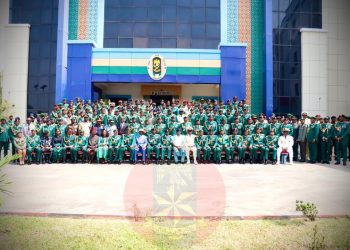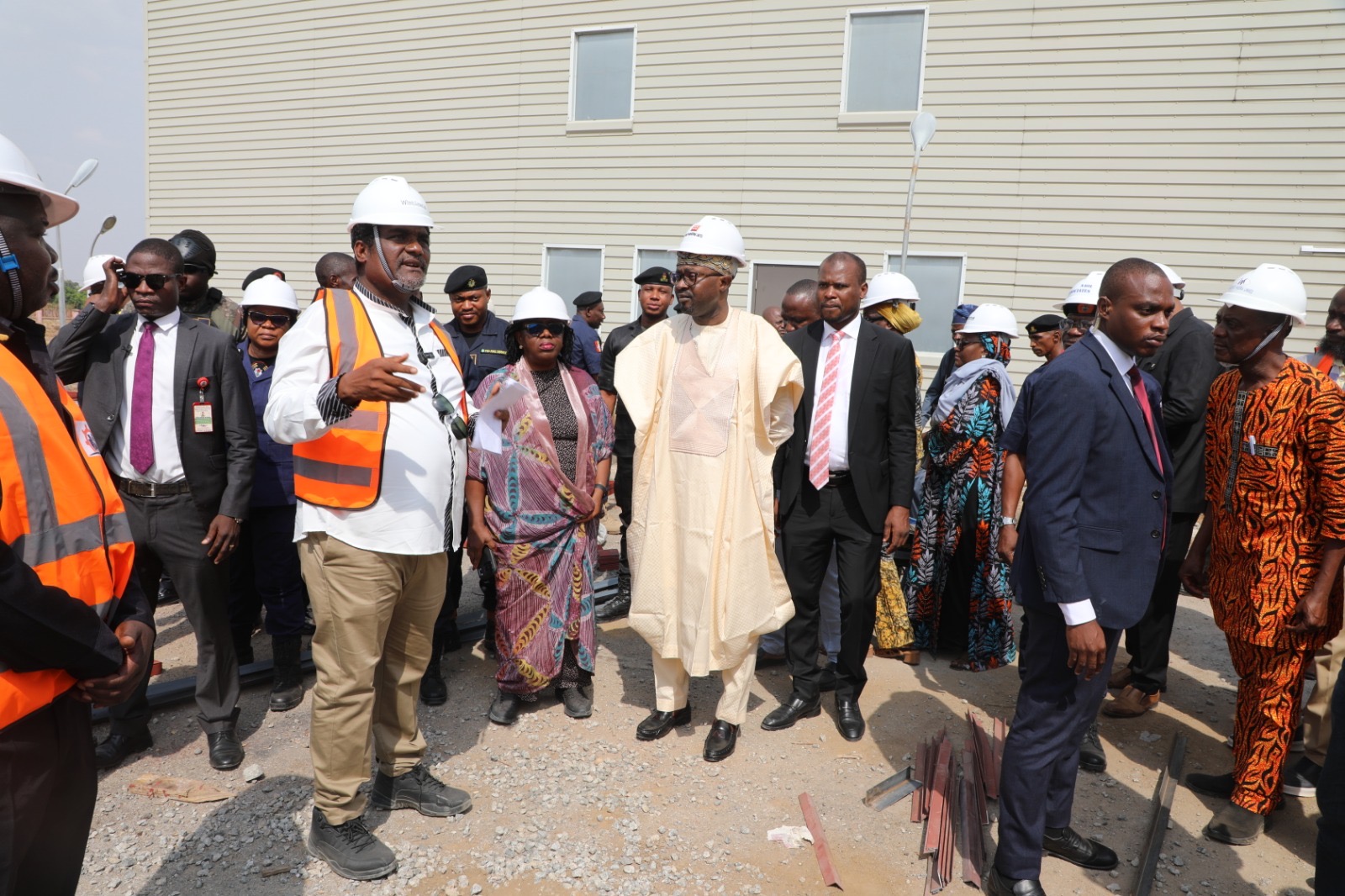By Nkechi Eze
Nigeria’s resolve to confront terrorism through lawful and transparent judicial processes has been further demonstrated as the country secured 44 fresh convictions in Phase 7 of the Kainji Detention Facility Terrorism Trial. The latest development marks another milestone in the ongoing efforts to strengthen the nation’s criminal justice system and dismantle violent extremism.
According to an official statement signed by Abu I. Michael, Head of the Department of Strategic Communication at the National Counter Terrorism Centre (NCTC), Office of the National Security Adviser (ONSA), 44 out of 54 individuals arraigned were found guilty and sentenced to various prison terms ranging from 10 to 30 years. All sentences are to be served with hard labour, underscoring the gravity of their crimes and the justice system’s firm stance on accountability and deterrence.
The trials, which commenced on Wednesday, July 9, 2025, were held before four Federal High Court justices across four different courtrooms within the Kainji facility. The remaining 10 cases were adjourned to allow for further proceedings.
The opening ceremony of the trials was marked by a firm reiteration of Nigeria’s commitment to justice and national security. The National Coordinator of the NCTC, Major General Adamu Garba Laka, delivered remarks on behalf of the National Security Adviser, Mallam Nuhu Ribadu, highlighting the government’s dedication to using judicial mechanisms to confront terrorism. The Attorney General of the Federation and Honourable Minister of Justice, Prince Lateef Fagbemi (SAN), was represented at the ceremony by the Director of Public Prosecution of the Federation, Mohammed Babadoko Abubakar.
During the previous Phase 6 of the trials, 237 cases were heard, resulting in 200 convictions. Those found guilty received penalties ranging from death sentences and life imprisonment to prison terms of between 20 and 70 years, depending on the severity of their offences. Many of the convicted terrorists were held accountable for horrific crimes, including the killing of civilians, destruction of religious sites, and the abduction of women and children during a violent raid on the Gina Kara Kai community in Borno State.
With these latest convictions, Nigeria has now secured a total of 785 terrorism-related cases, including those involving terrorism financing. This sustained effort reflects the country’s deepening commitment to fighting violent extremism, disrupting funding networks, and reinforcing national security through effective judicial enforcement.
The Federal Government has continued to emphasize that while it pursues justice with firmness, it remains guided by due process, transparency, and the rule of law as it works to protect the lives and rights of all Nigerians.
















